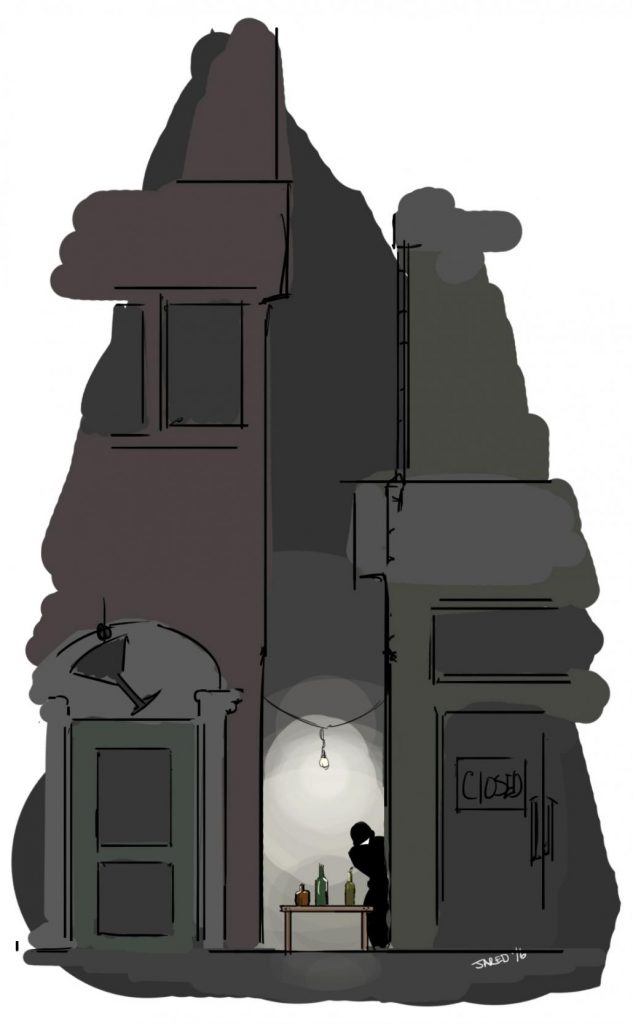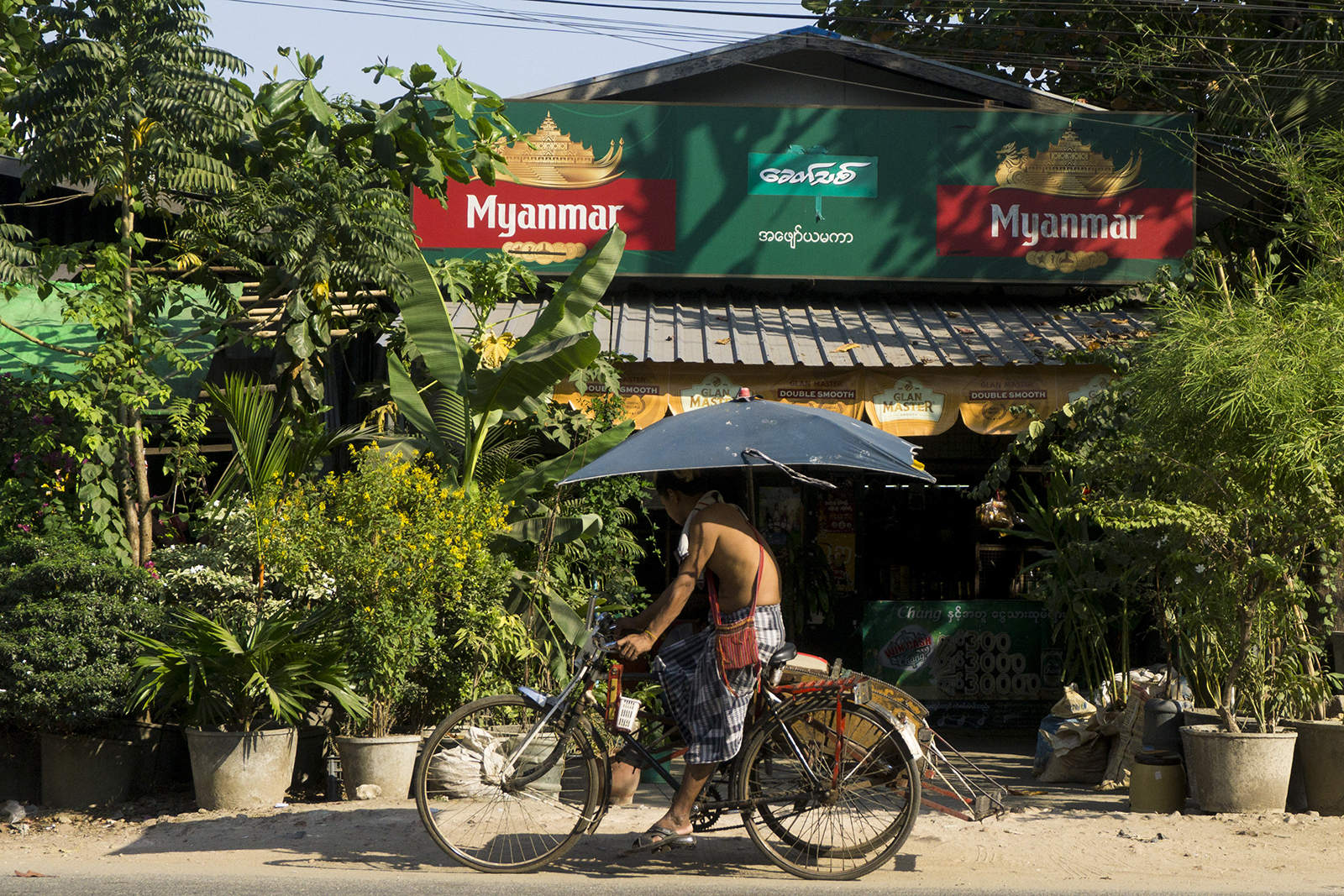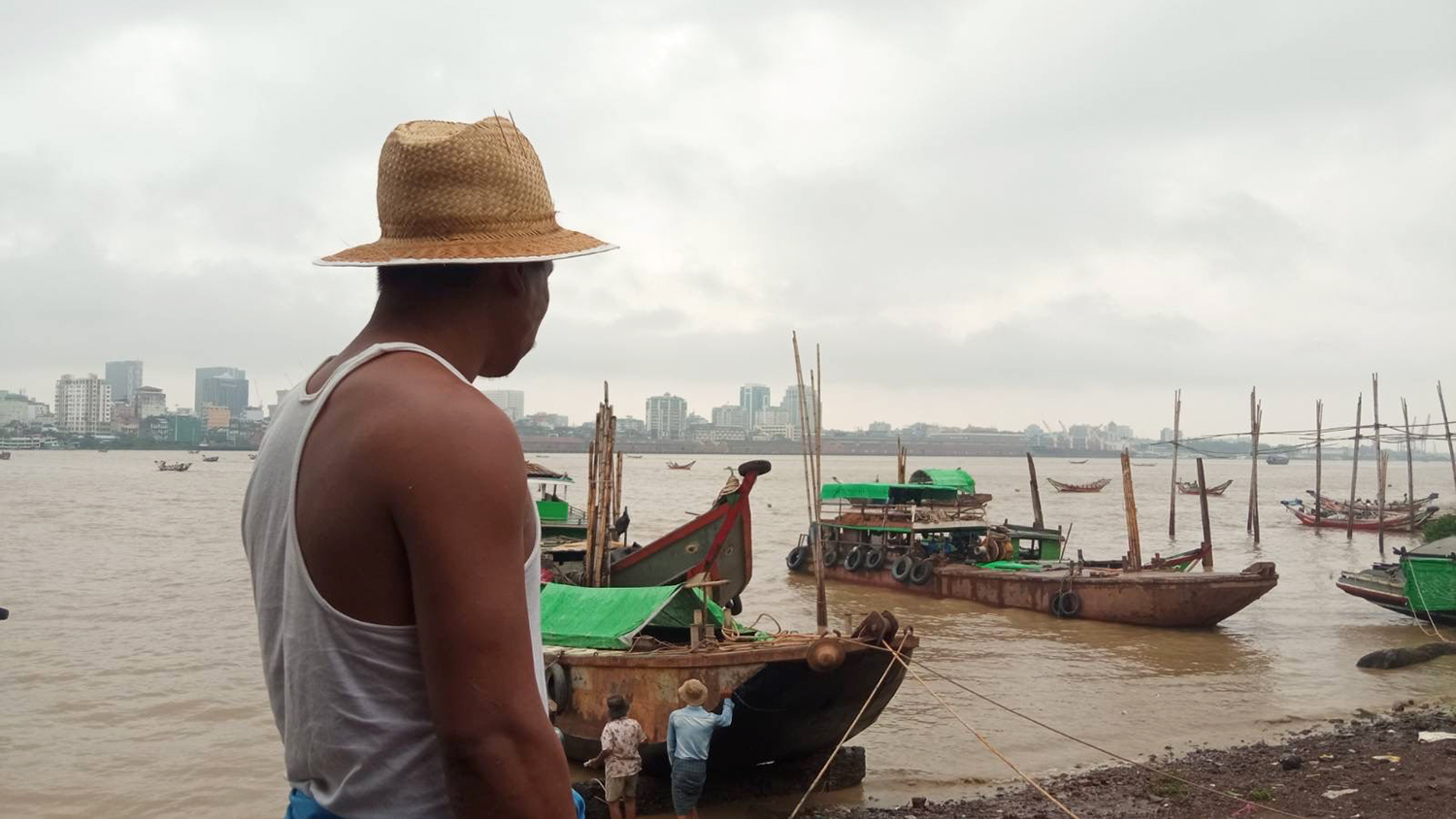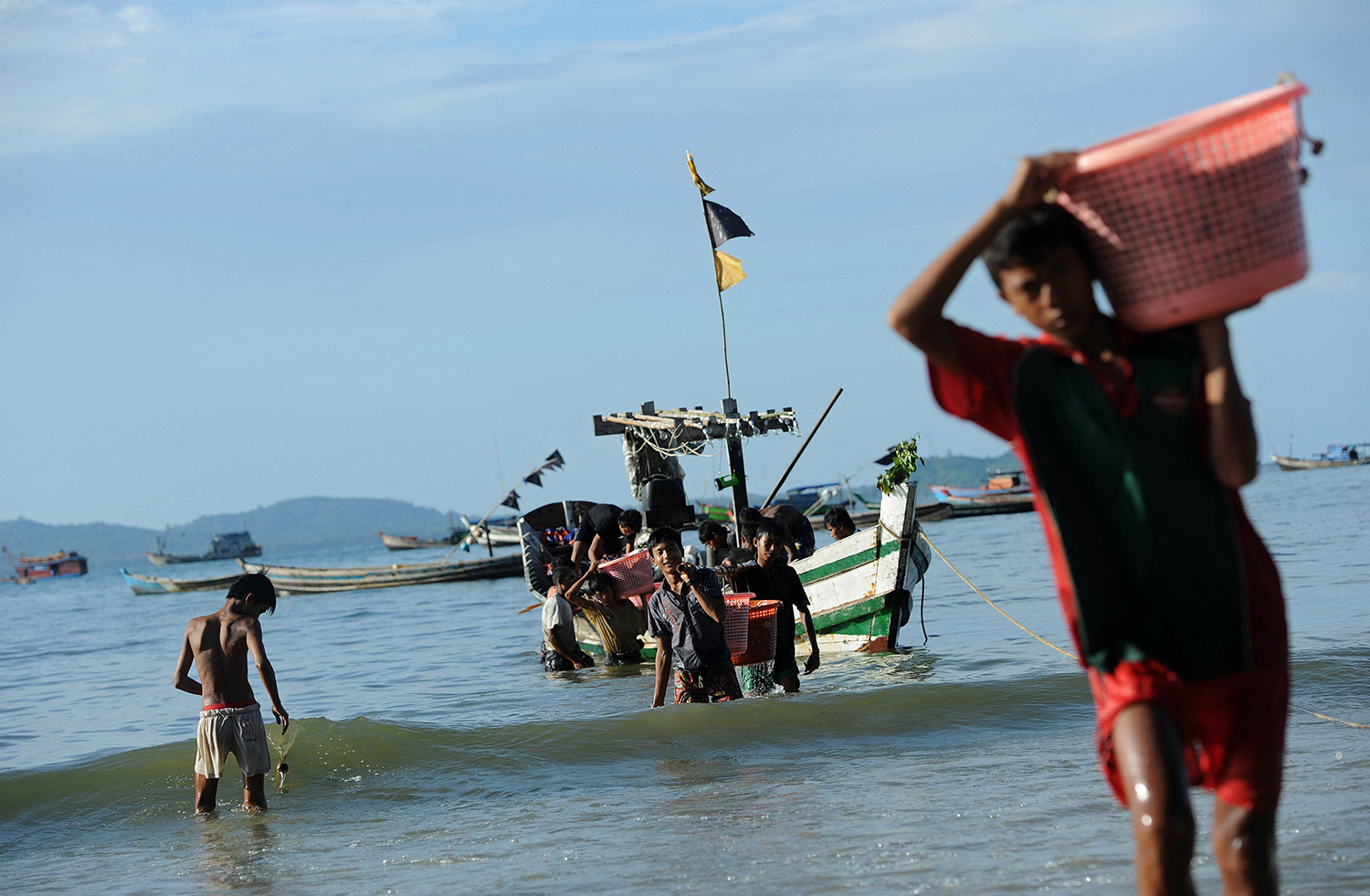The Yangon Region government should be trying to mitigate the social problems caused by alcohol through better planning, rather than reimposing a blanket curfew on late-night businesses.
It’s been a tough few weeks for those who enjoy imbibing in the early hours of the morning.
As part of its 100-day plan to restore law and order in Yangon, the police force has targeted licensed venues that stay open past their official closing time. Many are now closing early as a precautionary measure, or at least rolling down the shutters and keeping out any new customers.
Initially it seemed that this directive had come from new chief minister U Phyo Min Thein, who has made rule of law and tackling corruption his main priorities. Then he backed away from the crackdown, saying it hadn’t come from his office (although he did indicate that he supported it).
Forcing business to close at 11pm might seem deeply unreasonable to those accustomed to living in a 24-hour city, where food and drink can be had at any time of the night. But for many Yangon residents, late-night drinking venues are an eyesore and inconvenience. They are thought to promote crime and culturally inappropriate or antisocial behaviour, while for immediate residents they can be noisy and smelly.
Like Phyo Min Thein’s decision to restrict commercial pandals during water festival, the campaign taps into the conservative heart of the country’s majority.
Support more independent journalism like this. Sign up to be a Frontier member.
But while early closing times are popular, they don’t necessarily represent the best way to regulate bars or control crime.

Jared Downing / Frontier
One thing you can be sure of though: This measure won’t stop people from drinking. If bars are forced to close at 11pm, patrons will simply find places that are operating illegally and congregate there instead, shifting the problem somewhere else. If not, then they will buy alcohol from a retail store and drink at home, or in public. If alcohol consumption is a problem, then it needs to be tackled through a range of mechanisms, such as pricing, education and restrictions on marketing.
There is also an economic impact that arises from restrictions on opening hours. For many hospitality businesses, late hours are their most profitable period, without which they will find it hard to make money. This will inevitably restrict employment opportunities, particularly for younger people who already find it hard to enter the workforce. It will also make the city a less vibrant place, hindering tourism and associated economic development.
The answer lies in fixing the broken liquor licensing system. Licences are issued by the General Administration Department, which is under the military controlled Ministry of Home Affairs. In recent years, the GAD has responded to community concerns about growing alcohol consumption by seeking to limit the number of new licences it issues. This has had the effect of creating a secondary market for licences, which can cost thousands – even tens of thousands – of dollars, pricing prospective entrepreneurs out of the market.
It is unclear what, if any, planning mechanisms are in place to manage the spread of licensed outlets across the city. Considering whether it is appropriate to allow a bar to open in a particular street or neighbourhood would help to alleviate some of the social problems that they are accused of causing.
There are also loopholes in the law: for example, some hotels are regulated separately, so they do not have to adhere to GAD-mandated closing times. If you’ve ever wondered why so many nightclubs are located in hotels, or hotel compounds, now you know.
Like the issuing of licences, enforcement is also far from transparent. Reporters who try to cover these periodic campaigns by the police quickly find themselves in a Catch-22. The police can’t confirm they are doing anything unusual, because they are enforcing the law: authorities mandate a 10pm or 11pm closing time, depending on the township. To confirm a crackdown would also implicitly confirm that at other times police are allowing venues to stay open. But that is exactly what happens. Much of the time, police look the other way.
Setting a flat 11pm closing time is unmanageable; the curfew should be variable, depending on the nature of the business and the setting. This could foster the development of late-night precincts in appropriate areas so the majority can get a good night’s sleep and the rest can have a night out. We can’t escape the social problems that come with alcohol consumption, but it is possible to mitigate them through better planning – and at the same time, create jobs, encourage tourism and encourage responsible drinking habits.







